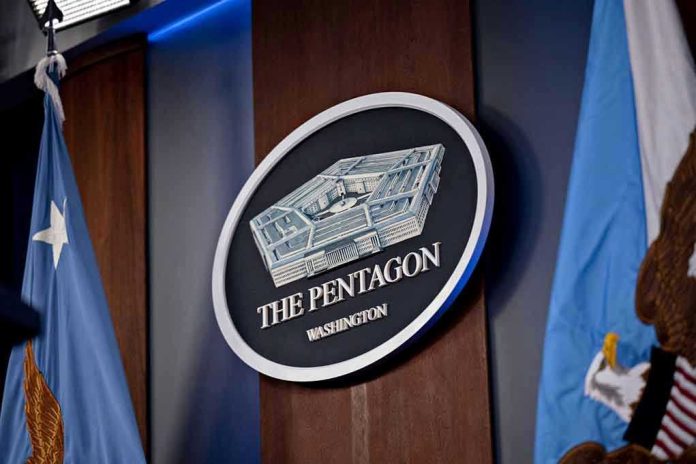
A leaked memo from Defense Secretary Pete Hegseth signals a potential seismic shift in the relationship between the Pentagon and Scouting America, raising questions about military values and cultural identity.
Story Snapshot
- Hegseth’s memo suggests cutting Pentagon ties with Scouting America over its inclusivity policies.
- Scouting America’s shift toward gender neutrality is at odds with military priorities, according to the memo.
- The move could end financial and logistical support for key Scout events like the National Jamboree.
- Public and political reactions are divided, with the Pentagon confirming a review of all youth partnerships.
Hegseth’s Controversial Memo
The leaked memo, authored by U.S. Defense Secretary Pete Hegseth, has sparked an intense debate over the future of the Pentagon’s longstanding partnership with Scouting America. The memo indicates that Hegseth plans to sever ties with the organization due to its progressive stance on diversity and inclusion, which he claims conflicts with military values and national security priorities. These proposed changes would entail ending logistical and financial support for events such as the National Jamboree.
Leaked memo reveals Hegseth is coming after Boy Scouts next
NPR reported that Hegseth believes the organization, “once endorsed by President Theodore Roosevelt, no longer supports the future of American boys,” and is currently designed to "attack boy-friendly spaces.”… pic.twitter.com/T6l3v0vhCO
— EJW (@TedWilcox7) November 25, 2025
Hegseth’s argument is rooted in the belief that the military’s alignment with an organization embracing gender neutrality could undermine traditional military values. He sees Scouting America’s recent rebranding and inclusive policies as a shift away from the principles that previously justified military support. The memo outlines a clear directive to reevaluate and, if necessary, terminate the Pentagon’s involvement with Scouting America, a move that has sparked both support and backlash.
The Evolution of Scouting America
Founded in 1910, the Boy Scouts of America (now Scouting America) has had a longstanding relationship with the U.S. military, receiving support for leadership training and youth development. Over the years, the organization has gradually embraced inclusivity, lifting bans on gay scouts and leaders and allowing girls to join. This evolution culminated in a full commitment to gender neutrality by 2025, sparking criticism from conservative factions.
The shift toward inclusivity aims to modernize Scouting America and expand its membership base. However, this approach has not been without controversy. The internal debate within the Pentagon, as revealed by the leaked memo, underscores the tension between traditional values and evolving social norms. This situation is not just a cultural disagreement; Hegseth frames it as a national security issue.
Public and Political Reactions
The leak of Hegseth’s memo has led to widespread media coverage and intense public debate. While some conservative groups applaud the move as a defense of traditional military values, progressive and LGBTQ+ advocacy groups view it as discriminatory and contrary to the principles of youth development. Scouting America has expressed disappointment, urging the Pentagon to reconsider its stance.
The Department of Defense has confirmed that a review of all youth partnerships is underway, leaving the future of support for upcoming Scout events uncertain. This uncertainty affects not only Scouting America but also other organizations that rely on military partnerships. The potential repercussions of this decision extend beyond immediate logistical concerns, highlighting a broader cultural and ideological clash.
Potential Implications
The implications of Hegseth’s proposed policy change are significant. In the short term, the disruption of planned Scout events could lead to widespread disappointment and logistical challenges. In the long term, severing this century-old partnership could set a precedent for military disengagement from other youth organizations, affecting military recruitment and youth engagement strategies.
Economically, the loss of Pentagon support could strain Scouting America’s resources, affecting its ability to organize major events. Socially, the debate over inclusion versus tradition could intensify, adding fuel to ongoing culture wars. Politically, advocacy groups on both sides are mobilizing to influence public opinion and policy outcomes, potentially leading to congressional scrutiny and hearings.







